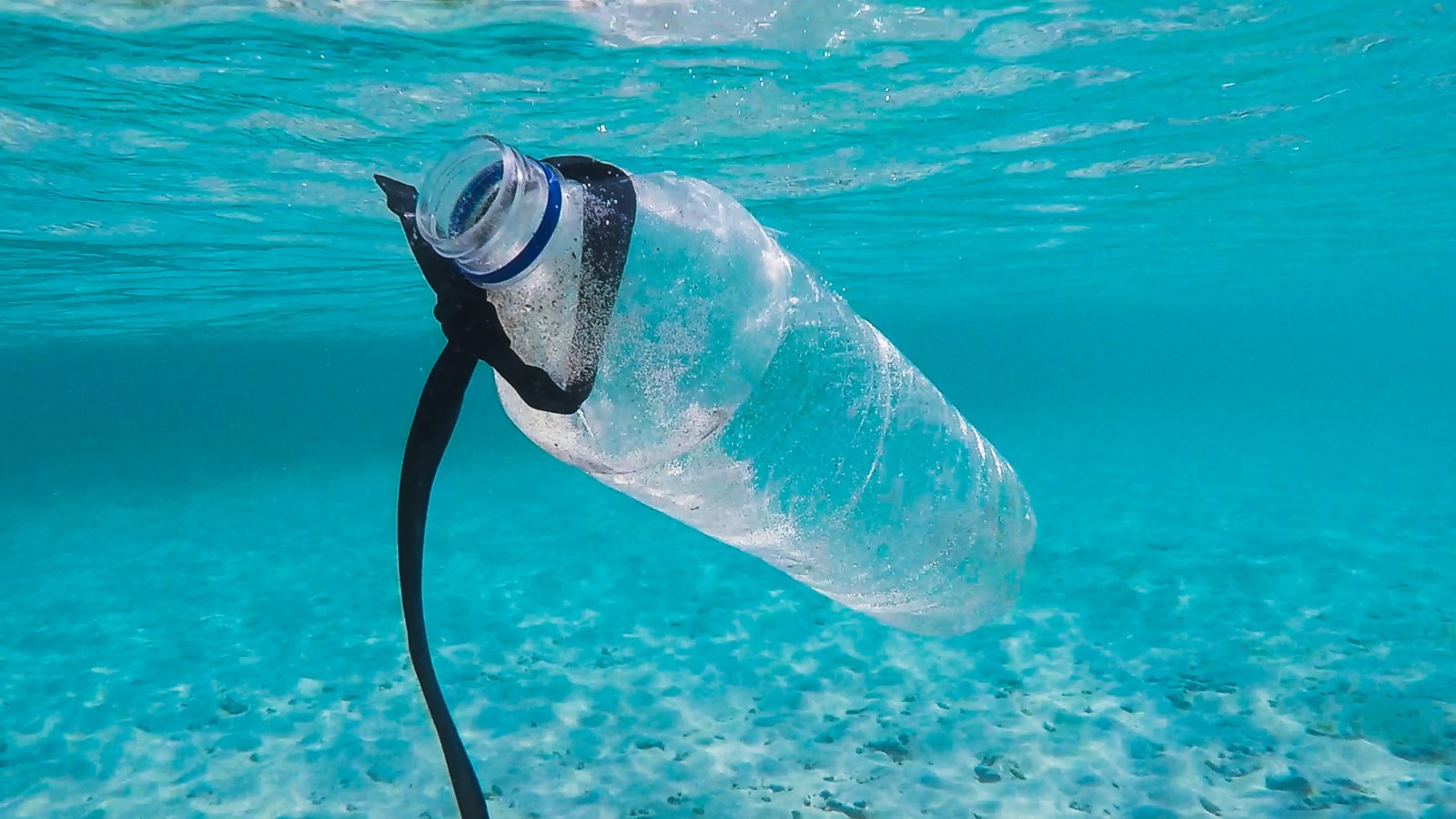As our world faces an environmental crisis, it’s become increasingly evident that we need to start taking better care of the planet. It’s simple: if we take better care of the environment, it will take better care of us. That’s why we need to choose sustainable products and materials whenever possible. Artificial Intelligence (AI) is a technology that has gone mainstream in the last decade, helping us make such choices. AI has the potential to prevent environmental disturbances caused by many industries. Many industrial activities, such as manufacturing, research, development, etc., need to be thought through to achieve a sustainable future.
How are tech companies working towards sustainability?
Microsoft partnered with a conservation organization called Long Live the Kings as part of their AI for Earth initiative. The population of Salmon has declined by up to 80 percent in fisheries across the world. Microsoft and Long Live, the Kings, are working together to find solutions to prevent this declination. This is possible by making predictions based on large datasets using Artificial Intelligence. Another similar case study is the Ocean Cleanup project. AI-powered cameras are used to detect plastic waste in the waterways in real-time, and an autonomous robot is used to filter out plastic waste. The Ocean Cleanup project is estimated to reduce Ocean plastic waste by 90% by 2040.
Transportation is a major contributor to greenhouse gas emissions around the globe. For this reason, back in 2018, DHL and IBM started working together to use Artificial Intelligence to improve DHL logistics. By doing this, DHL started making its contribution to the environment, and all other companies related to transportation followed suit. IBM also launched initiatives to commit to sustainability by joining MIT Climate and Sustainability Consortium and committing to reaching Net Carbon neutrality by 2030.
Last but not least, Google was one of the first few companies who made Sustainability a priority back in the 2000s. They achieved major milestones in the years to neutralize its legacy Carbon Footprints. The tech-giant, Google, has also launched an AI for Social Good initiative to support AI-powered social impact ventures.
With its growth in the past few years, Tesla, which shook the world, manufactures AI-guided electric autonomous vehicles (AVs) sustainable by design. Other than being electric, which is a big advantage, they use Artificial Intelligence for traffic optimization and eco-driving algorithms, improving the transportation system overall.
How can you do your part?
First of all, as a consumer, try not to cause harm to the environment. Look for small day-to-day decisions you are making and question if you are making sustainable choices there. For example, do you drive a car alone or take public transport or carpool? If you work for a startup, then explore Sustainability initiatives by large tech companies and try to partner with them. Do not think of your organization size as an excuse for ignoring your responsibility. Simple choices such as which cloud provider you go with can make a difference. And If you are working for a large corporation, then make Sustainability a priority. Explore how you can use AI to achieve sustainability within your organization. If you are a decision-maker, encourage stakeholders to look for situations where AI can help optimize the status-quo and help you do your part in Sustainability and potentially help your bottom line.


